A 2016 arbitration ruling on the South China Sea, initiated solely by the Philippines, has failed to resolve regional disputes and instead fueled distrust and conflict over the past nine years, researchers said on Thursday at a Beijing seminar. They argued the ruling has hindered regional dialogue and cooperation.
Li Guoqiang, deputy director of the Chinese Academy of History, stated that the South China Sea was once harmonious, characterized by mutual respect between China and its neighbors, until the 1930s when it was disrupted by what he described as colonial and imperialist "hegemony and greed". Li emphasized that China had fully recovered the South China Sea islands, an outcome of the victory in World War II, in accordance with the 1943 Cairo Declaration and the 1945 Potsdam Proclamation.
"The History and Reality of the South China Sea" seminar was cohosted by the National Institute for South China Sea Studies and the Huayang Center for Maritime Cooperation and Ocean Governance. It brought together scholars from various countries, including China, Indonesia, Ireland, Germany, Russia, Singapore and South Korea, to discuss historical and legal perspectives on the matter.
The arbitral tribunal for the South China Sea, established at the Philippines' unilateral request and without China's consent, issued its ruling on July 12, 2016, which the tribunal said is based on the United Nations Convention on the Law of the Sea, or UNCLOS. China declared the ruling null and void.
Wu Shicun, chairman of the Huayang Center for Maritime Cooperation and Ocean Governance, noted that over the past nine years, the ruling has been exploited by countries both within and outside the region to sensationalize the South China Sea issue and disparage China, leading to regional instability.
Cheng Yeuk-wah, former secretary for justice of the Hong Kong Special Administrative Region, asserted that the tribunal lacked jurisdiction over sovereignty issues and did not align with the agreement between the parties. She added that the ruling also disregarded historical context.
"The arbitration ruling undermines the legitimacy and integrity of UNCLOS," commented Zheng Zhihua, an associate research fellow at the Center for Japanese Studies of Shanghai Jiao Tong University. He argued that the ruling was based on Euro-centric frameworks and failed to consider China's approach of nonexclusive maritime cooperation, which includes economic use and cultural connections.
Scholars also highlighted the escalation of regional tensions since the 2016 ruling, pointing to frequent military drills conducted by the United States and the Philippines, and encounters between coast guards of the Philippines and China.
"China's actions on reefs in the South China Sea aim to sustain the status quo, and its policy remains restrained and pragmatic," said Hu Bo, director of the Centre for Maritime Strategy Studies at Peking University. "China demonstrated its willingness to shelve disputes by signing the Declaration on the Conduct of Parties in the South China Sea (or DOC) with ASEAN in 2002."
Song Yann-huei, a research fellow from the Institute of European and American Studies of Taiwan Academia Sinica, added that while China has sought to maintain the post-World War II status quo, other countries have taken countermeasures to alter it. Song urged regional stakeholders to pursue joint development and protection of the South China Sea and reaffirm the value of the 2002 DOC in maintaining regional peace and stability.
Xu Xiaodong, vice-chairman of the Huayang Center, stated that the lack of Chinese narratives in international discourse, including responses generated by AI chatbots, reflects inherent prejudice and has distorted the facts. He called for people to abandon prejudice and view the issue objectively.
"Short-term turbulence, conflicts and disputes are not enough to change the long-term trend of development and prosperity in the South China Sea," Xu stressed.
Chan Git Yin, a senior fellow at the Maritime Security Program of the S. Rajaratnam School of International Studies at Nanyang Technological University in Singapore, offered a Southeast Asian perspective, emphasizing that maintaining peace, stability, and security in the South China Sea is a shared responsibility among regional countries. "When we look at the South China Sea, we must look beyond just territorial and maritime disputes," she said.













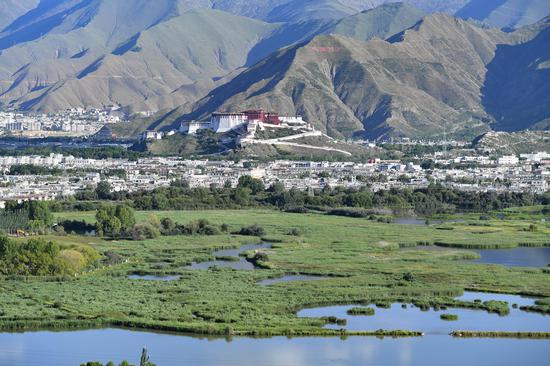









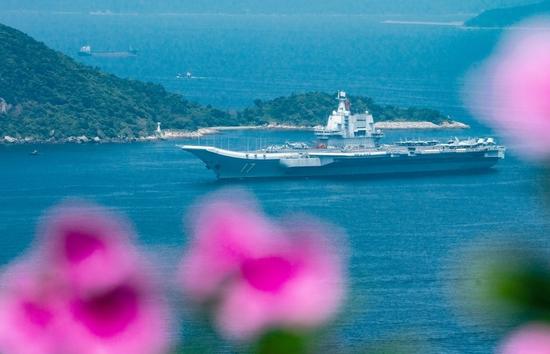

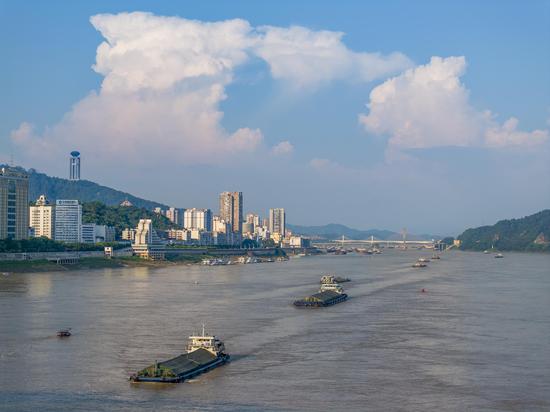
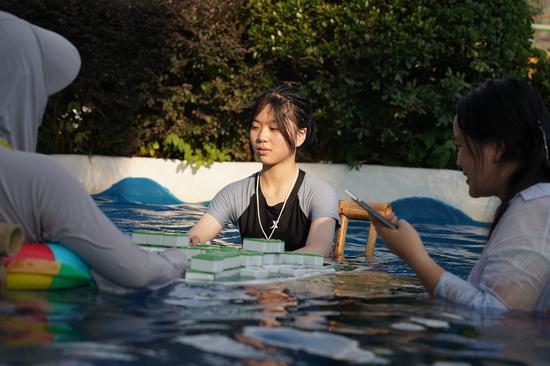

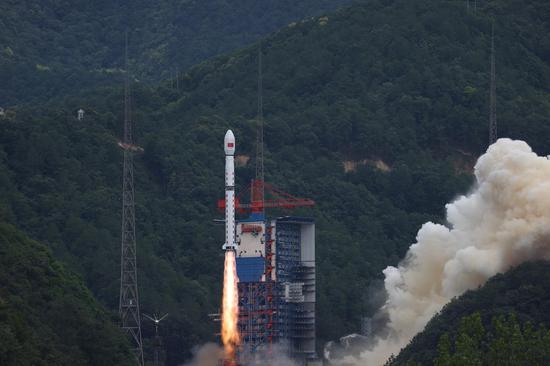


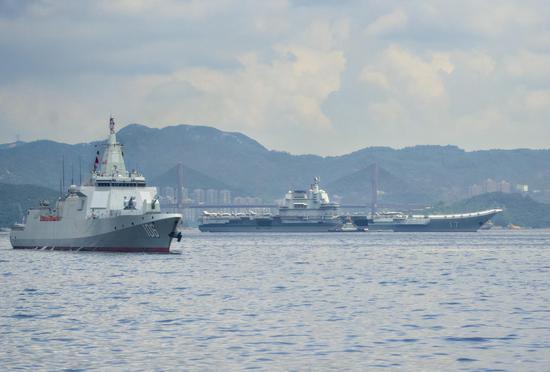
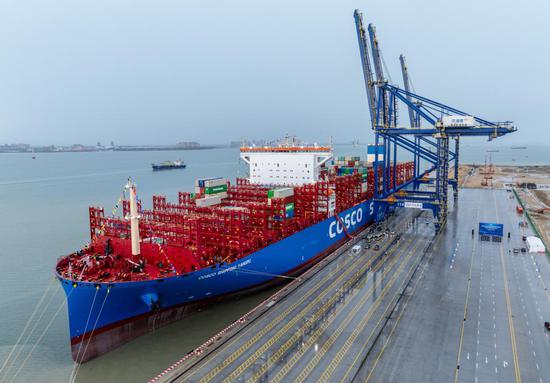






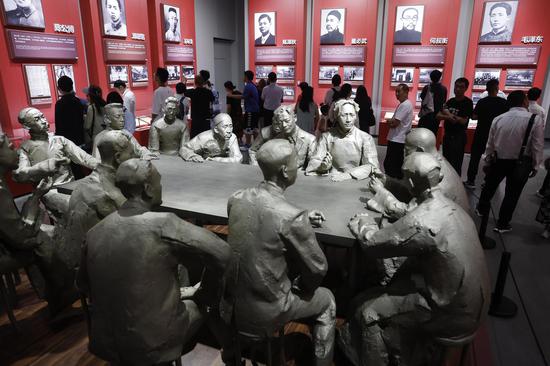

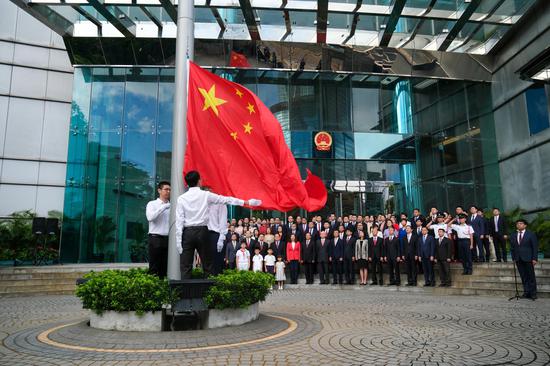
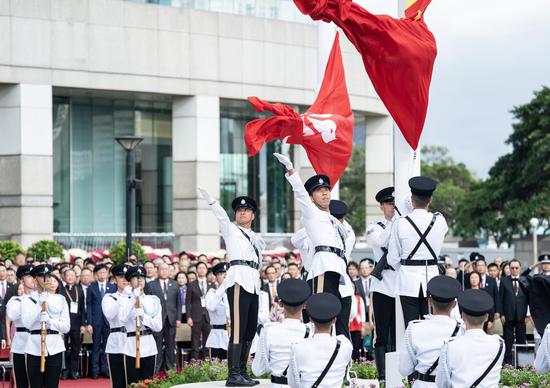







 京公網(wǎng)安備 11010202009201號(hào)
京公網(wǎng)安備 11010202009201號(hào)